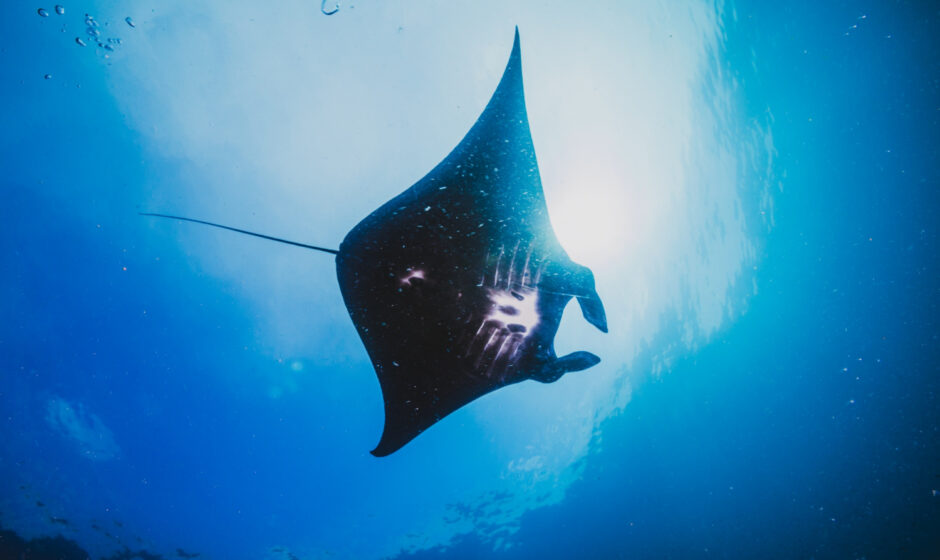In a proactive response to a staggering 20-fold surge in fisheries conflict over the past four decades and a forecasted 23 percent shift in global fish stocks due to climate change, the World Wildlife Fund (WWF) has unveiled the revolutionary Oceans Futures program. Launched at The Halifax International Security Forum on November 18, the initiative aims to pinpoint regions at risk of maritime conflict and food insecurity caused by climate-driven fisheries migration.
Oceans Futures has already identified potential hotspots, including the Arctic Ocean, the Gulf of Guinea, the Eastern Mediterranean, the Eastern Tropical Pacific, and the Central Pacific. Additionally, 20 global regions, including waters bordering Cameroon, Syria, Ecuador, Indonesia, and Micronesia, are predicted to experience heightened conflict, food insecurity, or geopolitical tensions related to fisheries by 2030.
Utilizing a fusion of fisheries movement data and socio-economic and security information, such as nutrition profiles, economic status, foreign fishing vessel presence, and contested maritime borders, the platform provides a comprehensive analysis. This data-driven approach allows Oceans Futures to be an early warning system, assisting countries and international bodies in identifying opportunities for coordinated action on priority conservation and conflict-prevention efforts.
Johan Bergenas, WWF Senior Vice President for Oceans, emphasized the program’s potential impact: “We have a unique opportunity to predict and prevent future fish wars that will have devastating impacts on people and nature. In launching Oceans Futures, we are bringing together the partners, the science, the data, and the solutions to deliver a more sustainable and peaceful future.”
Admiral Paul Zukunft (Retired), the 25th Commandant of the U.S. Coast Guard, highlighted the significance of the program in addressing the geopolitical consequences of depleting global fish stocks: “Oceans Futures will be the go-to handbook for nations around the globe to chart a new course for the future security and environmental stability of our oceans and the world.”
Key partners in the Oceans Futures initiative include the Environmental Defense Fund (EDF), the International Conservation Caucus Foundation (ICCF), and Ode Partners. Sherri Goodman, International Military Council on Climate and Security Secretary General, and Woodrow Wilson International Center Senior Fellow, emphasized the interconnectedness of climate change and national security: “With the Oceans Futures initiative, the international community will be able to visualize how these challenges are impacting fisheries and the lives of key coastal communities, encouraging us to come together and take action to preserve these vitally important resources.”
In unveiling this pioneering initiative, WWF seeks to provide nations across the globe with the tools and insights necessary to forge a sustainable and secure future for our oceans and the communities that depend on them.

